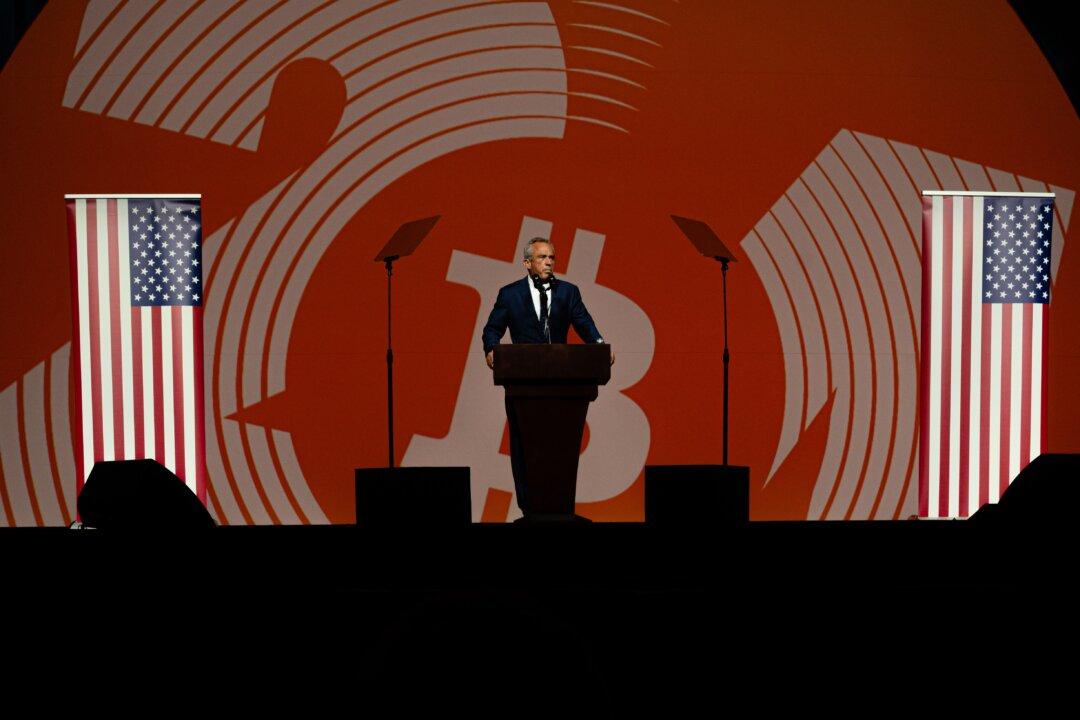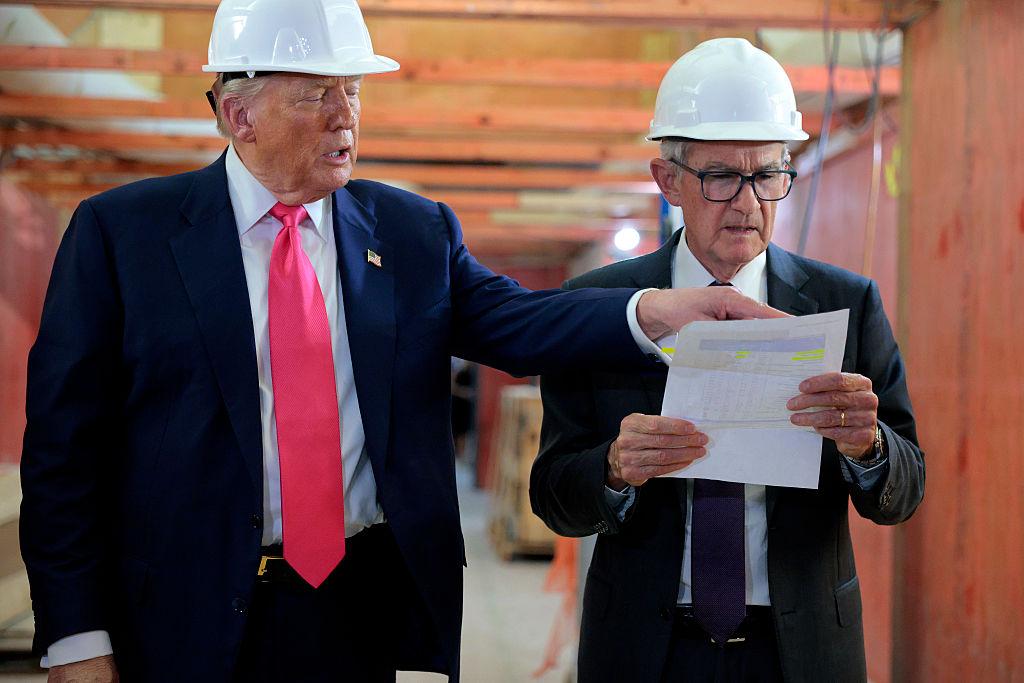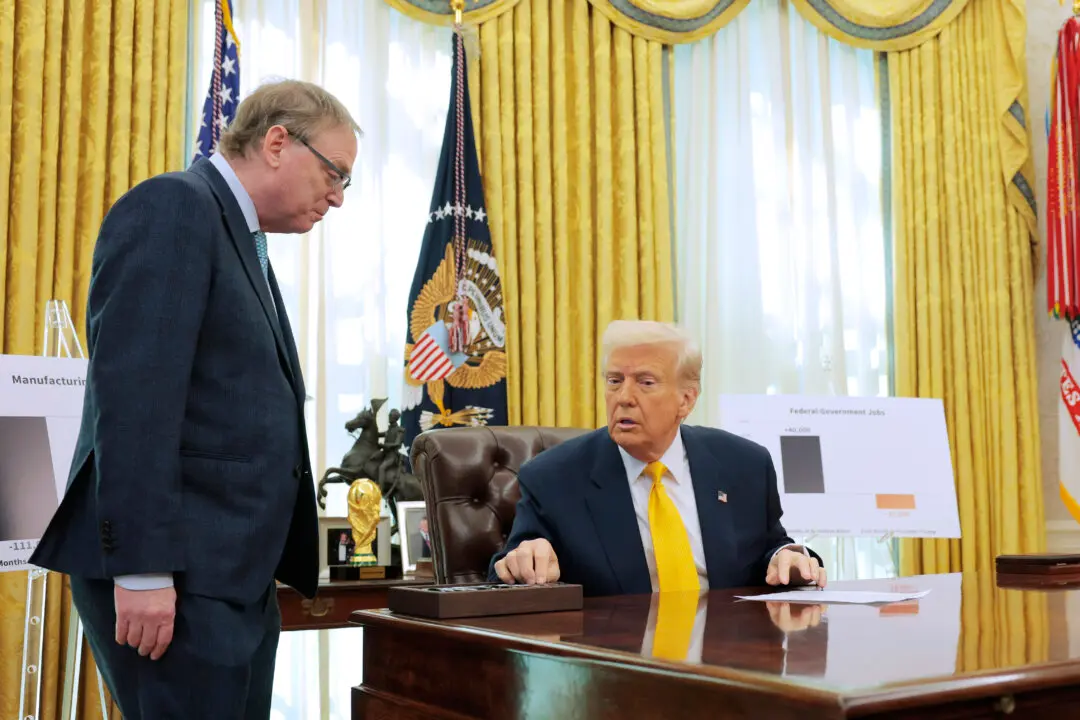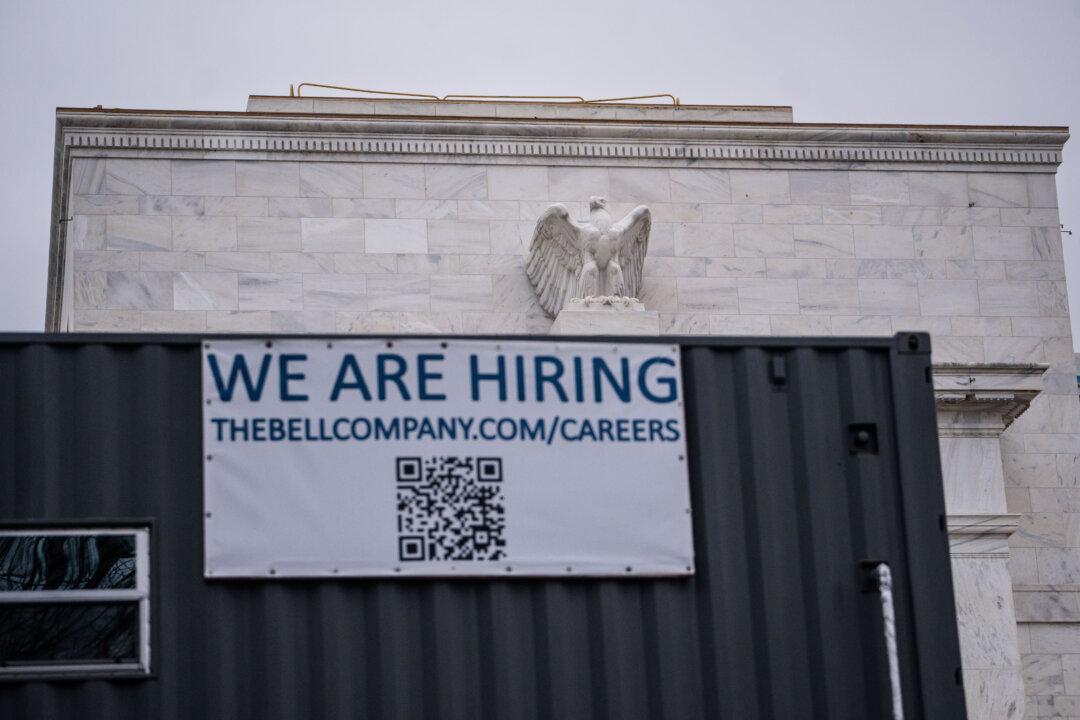The big NASDAQ sell-off last Wednesday in the wake of Google’s and Tesla’s earnings announcements caused a flight to quality. Although Google beat analysts’ consensus revenue and earnings estimates, its YouTube revenues were seen to be especially disappointing, which helped to trigger the sell-off. These abrupt NASDAQ sell-offs tend to reverse themselves, then settle down and oscillate, so more market gyrations are expected in the upcoming days. The best news is that the Fed is meeting this week, and the Fed cannot fight market rates much longer, so the odds of a key rate cut are rising. Our focus is on fundamentally superior growth stocks which we believe are on the verge of announcing wave after wave of better-than-expected second-quarter sales and earnings while providing positive guidance. The second-quarter earnings for the S&P 500 are forecasted to rise 9.3%, the strongest comparison in over two years. The breadth and power of the overall stock market is now improving in the wake of a seismic shift into Russell 2000 stocks since mid-July. This rotation is clearly anticipating multiple Fed key interest rate cuts, which will help boost domestic stocks, versus the big multi-national stocks that dominate the S&P 500. The impending Fed rate cuts will provide a “turbo boost” that the stock market and economy need.

Independent Presidential candidate Robert F. Kennedy Jr. gives a keynote speech during the Bitcoin 2024 conference at Music City Center in Nashville, Tenn., on July 26, 2024. Jon Cherry/Getty Images
Commentary
Louis Navellier is chairman and founder of Navellier & Associates in Reno, Nevada, which manages approximately $1 billion in assets. One of Wall Street’s renowned growth investors, Navellier writes five investment newsletters focused on growth investing. In addition to appearing on Bloomberg, Fox News, and CNBC giving his market outlook and analysis, he has been featured in Barron’s, Forbes, Fortune, Investor’s Business Daily, Money, Smart Money, and The Wall Street Journal.
Author’s Selected Articles




